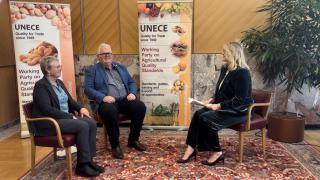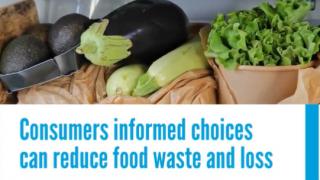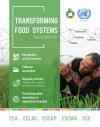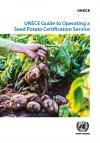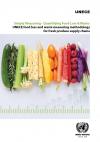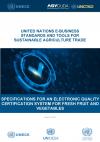Working Party on Agricultural Quality Standards (WP.7)
Introduction
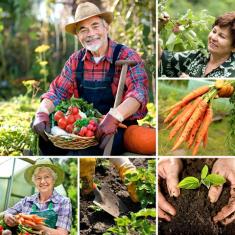
The standards encourage high-quality production, improve profitability and protect consumer interests. UNECE standards are used internationally by Governments, producers, traders, importers, exporters and international organizations. They cover a wide spectrum of agricultural products: fresh fruit and vegetables (FFV), dry and dried produce (DDP), seed potatoes, meat, cut flowers, eggs and egg products. You can download the standards cost free from this website and use them free of charge.
Key areas of work
In focus
Upcoming Events
28 - 30 August
Palais des Nations
Geneva
Switzerland
11 - 13 November
Palais des Nations
Geneva
Switzerland
Recent Events
04 - 06 June
Panarams Tashkent Hotel, Tashkent Uzbekistan
15 - 17 May
Room XXII, Palais des Nations Geneva Switzerland
06 - 08 May
Room XXIV, Palais des Nations, Geneva Switzerland








